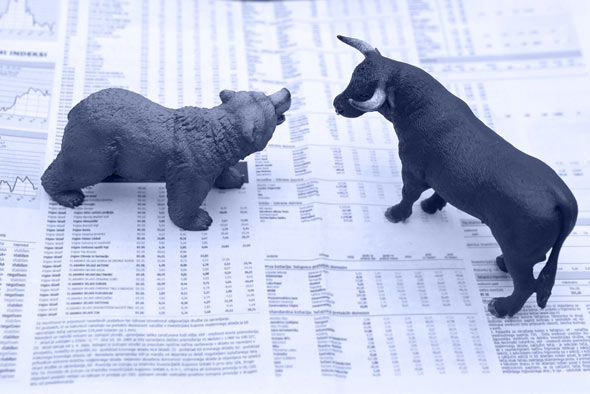
Micro-economics
Micro-economics
The pages in micro-economics provide an introduction to the nature of markets, and how market forces interact to allocate scarce resources. This section also provides an introduction to micro-economic theory, and to many of the fundamental concepts used in economics.
 The housing market – The stock of housing in the UK includes privately owned and occupied houses and apartments, privately rented and local authority rented accommodation, and property managed by housing associations. In the UK, privately owned
The housing market – The stock of housing in the UK includes privately owned and occupied houses and apartments, privately rented and local authority rented accommodation, and property managed by housing associations. In the UK, privately owned
property is either freehold or leasehold.More…
 The labour market – According to the Labour Market Survey, there were
The labour market – According to the Labour Market Survey, there were
31.84 m workers in the UK in 2017, out of a population of 64.1 m. The labour market includes the supply of labour by households and the demand for labour by
firms. Wages represent the price of labour, which provide an income to households and represent a cost to firms. More…
 Commodities and financial markets
Commodities and financial markets
– Primary commodities are bought and sold in spot and futures
markets. In spot markets, sellers have existing stocks to sell, and buyers expect immediate delivery, or in the very near future. Prices in spot markets reflect the interaction of buyers and sellers who use all available information to bid, offer and accept prices and settle debts in a short space of time, on-the-spot. Primary markets can be subject to periods of price instability. More…
 Oil – Crude oil has been refined to make fuels, like petrol and diesel, lubricants, and industrial chemicals since the 1850s. Industrialisation owes its development to oil, and today, the world’s two largest companies –Exxon Mobil, and PetroChina – are oil refiners and distributors. Oil is an essential scarce resource, and there are still no cost effective alternatives to oil for producing vehicle fuels like petrol and diesel. More…
Oil – Crude oil has been refined to make fuels, like petrol and diesel, lubricants, and industrial chemicals since the 1850s. Industrialisation owes its development to oil, and today, the world’s two largest companies –Exxon Mobil, and PetroChina – are oil refiners and distributors. Oil is an essential scarce resource, and there are still no cost effective alternatives to oil for producing vehicle fuels like petrol and diesel. More…
Behavioural economics attempts to understand the effect of individual psychological processes, including emotions, norms, and habits on individual decision-making in a variety of economic contexts.
More…
Financial markets include money markets, markets for debt, including bonds,foreign exchange,stock markets, and insurance markets.



